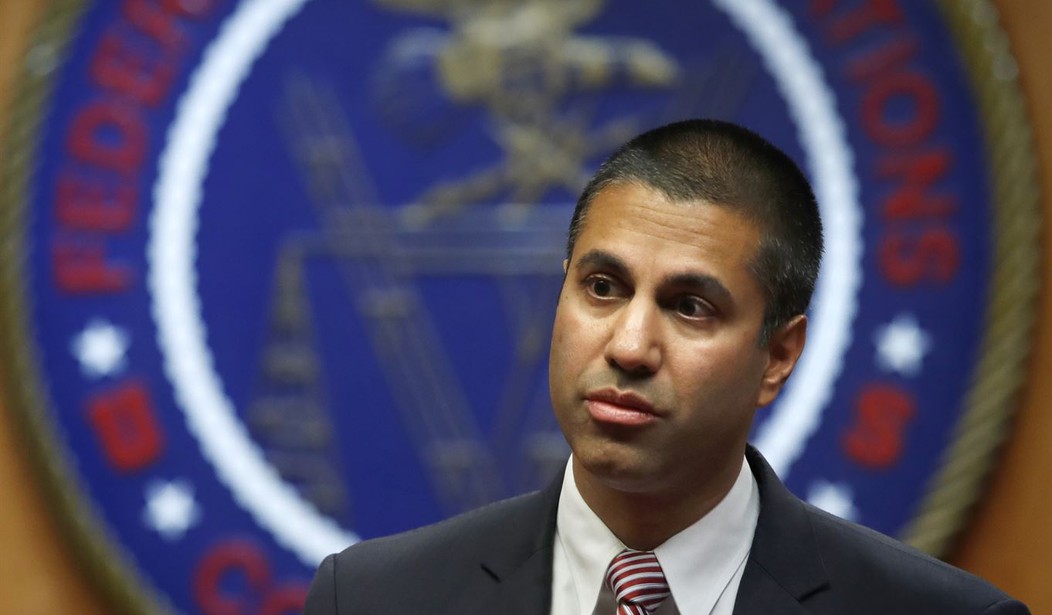The U.S. Federal Communications Commission voted unanimously to permit phone companies to aggressively block unwanted robocalls before they reach consumers’ phones, the commission announced Thursday.
“If Americans can agree on anything these days, it’s that they’re fed up with robocalls,” said FCC Chairman Ajit Pai in an op-ed early Thursday morning ahead of the Declaratory Ruling affirming his proposal.
“Stopping the deluge of unwanted calls is the FCC’s top consumer protection priority,” he also said.
“. . .consumers want to reclaim their sanity. I’m optimistic that the strong FCC proposal to allow these calls to be blocked by default will help get us there — and hasten the end to what one former senator rightly called the ‘scourge of civilization,’ Pai concluded.
Later on Thursday, the FCC affirmed Pai’s proposal 5-0.
Now, instead of a consumer having to be aware of the available programs and take steps to opt-in, phone companies are freed up to automatically nip the calls at their source with less fear of legal consequences if they inadvertently block someone they shouldn’t.
Don’t worry, though. If you are a big fan of 2 a.m. calls originating from a country you can’t even pronounce wanting to sell you a sketchy-sounding extension on your car warranty, you can opt out of the blocking.
Pai explained in his op-ed that he expects phone companies will quickly come on board since blocking the calls currently flooding their networks will save them time and money.
In addition to affirming robocall blocking by default, the FCC also announced that the commission is seeking comment on “requiring caller ID authentication implementation and use of authentication standards for blocking.”
Recommended
Though most consumers will likely cheer the move, trade groups representing debt collectors are none too pleased, nor are pharmacies and other companies whose legitimate, automated calls could inadvertently be swept up in the preemptive blocking, as CNET’s Marguerite Reardon explained.
Their beef, essentially, is that the FCC’s Declaratory Ruling is overbroad and can leave some legitimate companies with no notice and no recourse if their calls were blocked.
The FCC also adopted a proposed rule to require voice service providers to implement SHAKEN/STIR caller ID authentication framework if they have not done so by year’s end.
SHAKEN/STIR is an acronym for Signature-based Handling of Asserted Information Using toKENs (SHAKEN) and the Secure Telephone Identity Revisited (STIR) standards, which is quite a mouthful.
SHAKEN/STIR standards provide digitally validated assurance that a call you received originated from a real source rather than one that has been spoofed or faked.
Though FCC’s changes will help make the robocalling situation more manageable, they are not a panacea.
Criminals and other ne’er-do-wells are clever creatures.
Still, the fewer the robocalls, the better.

























Join the conversation as a VIP Member